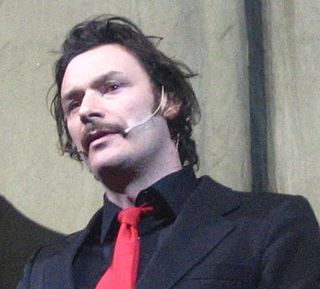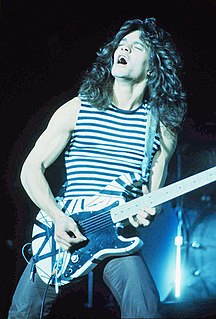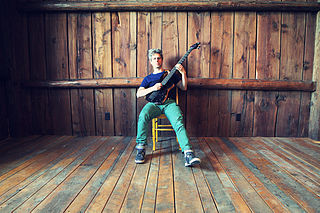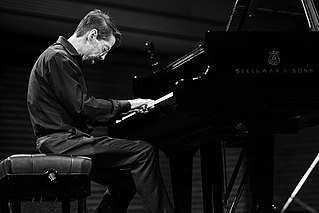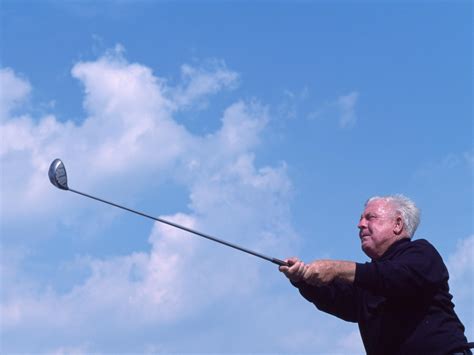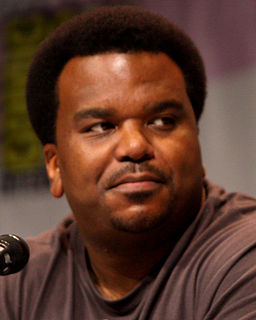A Quote by Julian Barratt
I was in a band called Groove Solution. Because there was a groove crisis, and we solved it.
Related Quotes
I do not yet want to form a hypothesis to test, because as soon as you make a hypothesis, you become prejudiced. Your mind slides into a groove, and once it is in that groove, has difficulty noticing anything outside of it. During this time, my sense must be sharp; that is the main thing - to be sharp, yet open.
When you're in a groove, you're not spinning your wheels; you're moving forward in a straight and narrow path without pauses or hitches. You're unwavering, undeviating, and unparalleled in your purpose. A groove is the best place in the world. Because when you are in it, you have the freedom to explore, where everything you question leads you to new avenues and new routes.
A lot of guys in New York will only play with an edge. They find their groove and that's their groove. to me, once I do that, there's no point in playing anymore because it should always be a mystery. Depending on who you are playing with, there are hundreds of ways of playing. I think that a master can play all those different kinds of time.
